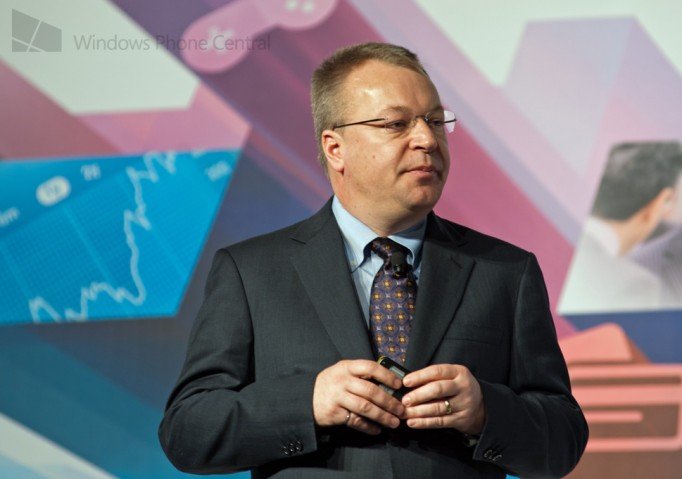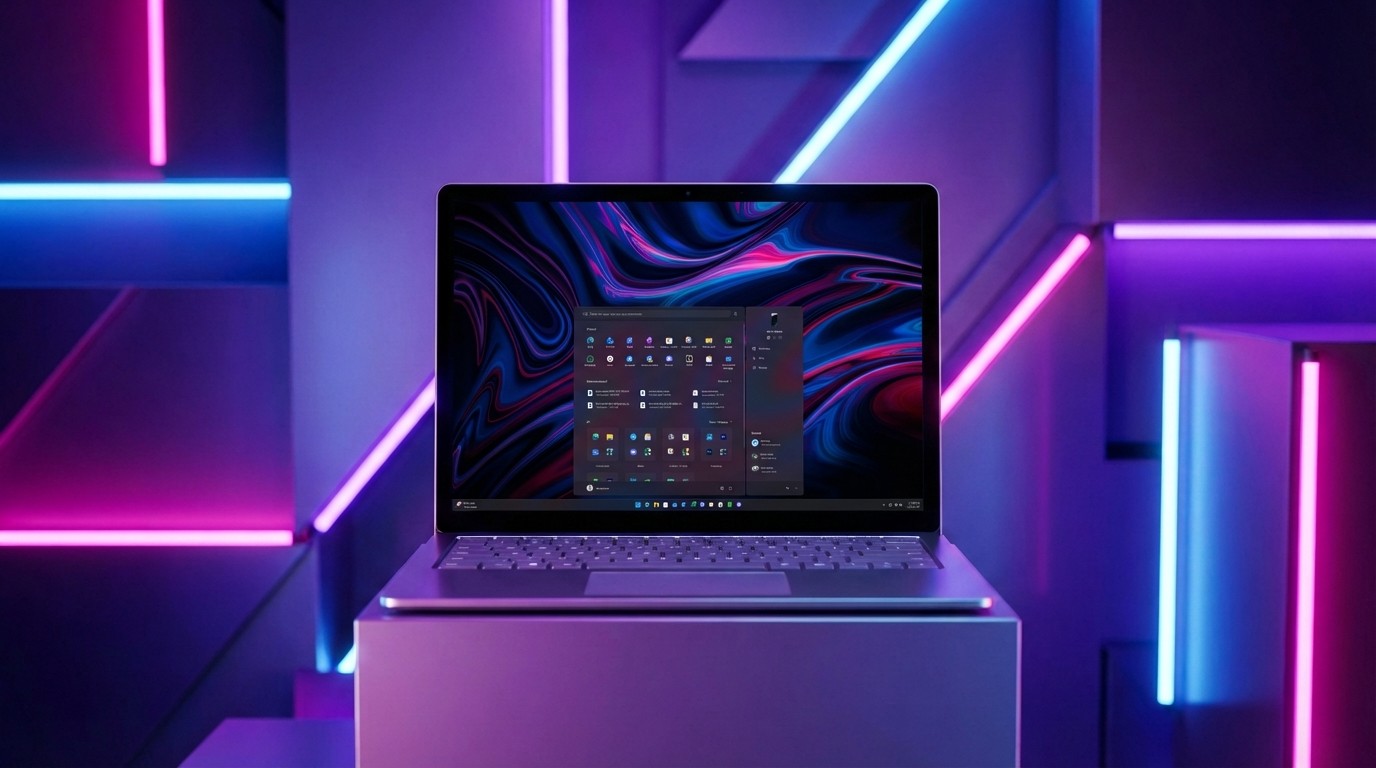With the Nokia deal, Microsoft become a juggernaut in patents for smart devices

All the latest news, reviews, and guides for Windows and Xbox diehards.
You are now subscribed
Your newsletter sign-up was successful
We’re still going through all the details of the recently announced Nokia acquisition by Microsoft and are getting a clearer understanding of all the implications of the transaction. Needless to say, Microsoft is going to come out ahead of this deal and it will be something for its competitors to take note in the morning.
The biggest impact is of course Nokia’s favored patent portfolio, which was already wielded as a weapon against their Android rivals in addition to Microsoft’s treasure trove of license agreements. But just as interesting, Microsoft sees the deal with Nokia as boon for its OEM business and they are expecting the acquisition to help with OEM opportunity.
That’s right, as far as we can tell, Microsoft owning Nokia does not mean Samsung or HTC are getting the boot for Windows Phone devices, though it obviously remains to be seen how each company will respond.
The facts and numbers themselves are quite revealing and we’ll list them below for you to ponder:
- The Microsoft-Nokia deal comes well before 2014 recommitment date
- Acquisition grows OEM opportunity; Continue existing partnerships
- Microsoft will use offshore cash with no impact on ability to reduce capital to shareholders
- Option to convert 10 year license to a perpetual license
- Microsoft is acquiring over 8,500 design patents; ownership of Lumia and Asha brands
- Microsoft is acquiring more than 60 patents with third parties e.g. Qualcomm
- Microsoft is licensing 30,000 utility patents and patent applications
- 10 year license to use Nokia brand on feature phones
- Microsoft will have the most cost-effective patent arrangements for smart devices, including deals with: Samsung, Qualcomm, IBM, Motorola Mobility, Motorola Solutions, LG, Nortel, and Kodak
- Phone device R&D remains centered in Finland
- Nokia sales team intact
- Acquisition approval in EU, US, China, India, Brazil, Russia, Canada and others
In essence, Microsoft is getting a whole lot for the $7.1 billion dollar purchase. With a streamlined production process, access to Nokia’s rich portfolio of patents and combined with Microsoft’s market might, this new formation should rival Apple and Samsung—and that’s exactly Microsoft’s goal.
Of course the counter argument would be that Microsoft was already getting a lot of that with the previous Nokia agreement. But this purchase guarantees that Nokia won't slip out of their hands--in layman terms, Nokia became too valuable for Microsoft to gamble over.
Source: Microsoft Slide Deck
All the latest news, reviews, and guides for Windows and Xbox diehards.

Daniel Rubino is the Editor-in-Chief of Windows Central. He is also the head reviewer, podcast co-host, and lead analyst. He has been covering Microsoft since 2007, when this site was called WMExperts (and later Windows Phone Central). His interests include Windows, laptops, next-gen computing, and wearable tech. He has reviewed laptops for over 10 years and is particularly fond of Qualcomm processors, new form factors, and thin-and-light PCs. Before all this tech stuff, he worked on a Ph.D. in linguistics studying brain and syntax, performed polysomnographs in NYC, and was a motion-picture operator for 17 years.

